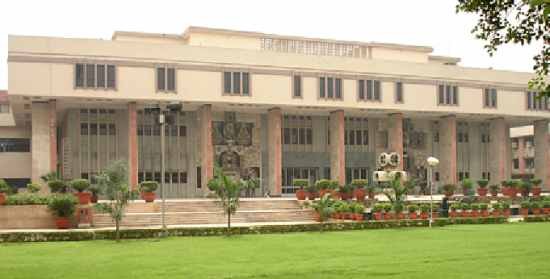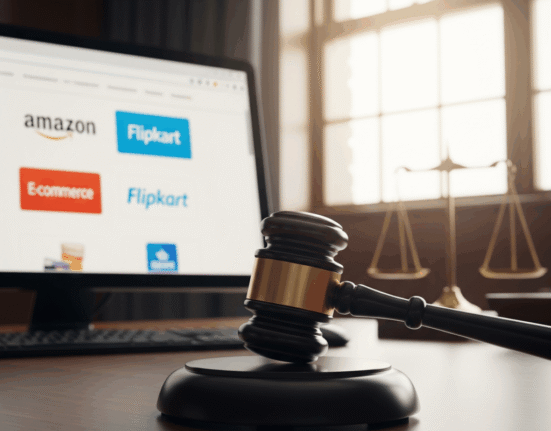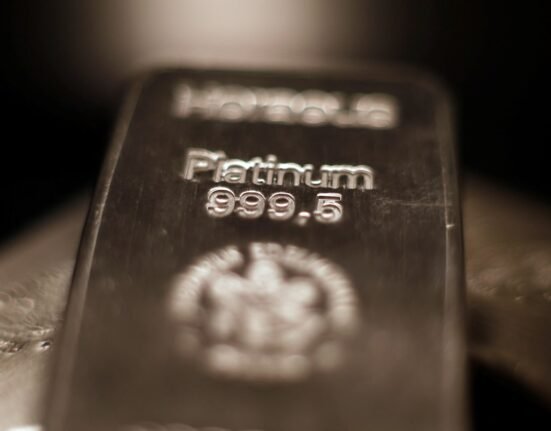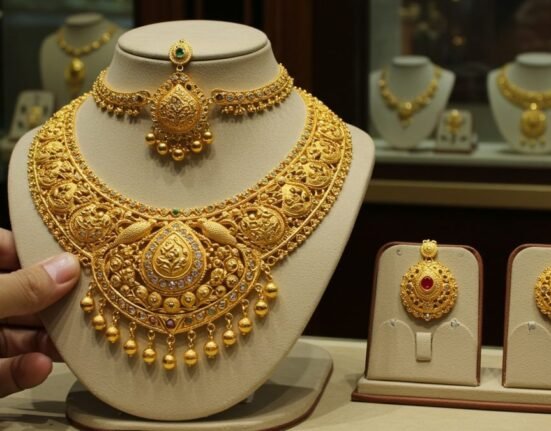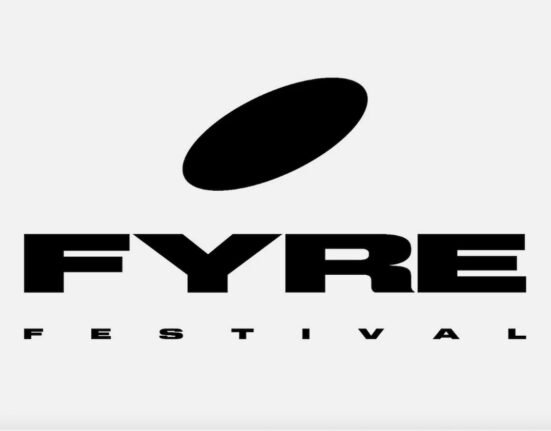Lenskart has admitted that using the unauthorised trademarks of Titan and Fastrack was a mistake. Titan filed a petition with the Delhi High Court, opposing both the visual representation of its trademarks and their use on Lenskart’s website’s metatags.
Titan sought a permanent injunction to prevent Lenskart from using its registered trademarks, including “Titan,” “TitanEye+,” and “Fastrack.” However, Justice Amit Bansal dismissed the case after Lenskart accepted the mistake and agreed to remove the trademarks from its website.
What are Meta Tags?
Meta tags are Hypertext Markup Language (HTML) codes that help search engines like Google display relevant results based on user queries. HTML serves as the standard markup language for documents designed for display in a web browser. Developers typically hide them from the user interface, making them not directly visible on the website.
Meta tags will have specific keywords that drive traffic to a website through search engine optimisation. The search engine results page (SERP) depends on paid ad campaigns, Google Ads, and organic traffic.
In short, meta tags help drive traffic to websites.
What is a Trademark in India?
A trademark is the brand name that identifies a brand. It can be a visual symbol such as a word, signature, name, device, label, numerals, or a combination of colours, according to the Department for Promotion of Industry and Internal Trade under the Ministry of Commerce and Industry. It helps distinguish goods or services from those offered by other businesses.
A company must meet the following legal requirements to register a trademark under the Trade Marks Act, 1999:
- The trademark must be graphically represented on paper.
- It should be capable of distinguishing the other goods and services in the market.
- It should also identify the authorised, rightful person or company who is allowed to use the trademark.
Trademarks often use design principles, typography, symbols, colours, monograms, and three-dimensional designs. They perform four key functions, as per the Department. It identifies the goods or services and their origin, guarantees “unchanged quality,” and advertises and creates the brand image for the goods or services of the company.
When the courts rejected trademark infringement allegations:
In a case similar to Lenskart vs. Titan, MakeMyTrip sued Booking.com in 2016 and sought an interim injunction for using trademarked keywords to optimise Booking’s website. MakeMyTrip claimed that Booking.com used keywords like “MakeMyTrip,” “MyTrip,” and “MMT.”
The Delhi High Court initially ruled that Booking.com infringed on MakeMyTrip’s trademark rights. However, the division bench later overturned the ruling, stating that using trademarks for advertising purposes does not constitute trademark infringement.
In a similar case, the division bench of the Delhi High Court distinguished between permissible fair use and unfair use of trademarks. To determine infringement, the bench considered several factors, including the similarities between goods and services and the design and identity of the trademarks, which could lead to consumer confusion.
Advertisements
The court considered these factors while hearing a case filed by DRS Logistics against Google. DRS claimed that the use of the trademarks “Aggarwal Packers” and “Movers” by other websites on Google’s AdWords led to a decrease in traffic to its site.
The court ruled that an advertising service provider like Google does not infringe on a trademark when using it as a keyword to display goods and services offered by a third-party advertiser, not the trademark owner. Therefore, Section 29(1) of the Trademark Act does not apply, as keywords do not serve as identifiers of the source of goods or services.
The court also concluded that keywords used by advertisers do not create an impression of infringement. Additionally, the court found that using a trademark does not give advertisers an unfair advantage or harm the trademark’s unique character or reputation.
Why It Matters:
In 2018, the Delhi High Court upheld Nike’s “Just Do It” slogan as its trademark and prevented Orbit Exports, a footwear company, from using the slogan on its products.
However, in June 2025, the same court rejected Puma’s allegations that IndiaMART was using the “PUMA” trademark without authorisation. The court ruled that IndiaMART is a listing website, not a typical e-commerce platform, and observed that IndiaMART had no intent to list counterfeit products. The ruling indirectly allows several companies to sell counterfeit products bearing the PUMA trademark on IndiaMART’s website. In this case, Puma may need to seek individual injunctions against each manufacturer misusing the trademark.
Amidst the confusion regarding when the usage of a trademark is allowed and when it is prohibited, the Delhi High Court’s judgement in Lenskart vs. Titan clarifies when the use of a trademark is allowed and when it is prohibited, particularly regarding trademarks in metatags. These metatags, often hidden from public view, can still drive traffic to websites not directly or officially associated with the trademarked keyword. This ruling will serve as a landmark decision in future cases involving allegations of trademark keyword misuse in metatags.
Also Read:
Support our journalism:
For You
Source link

